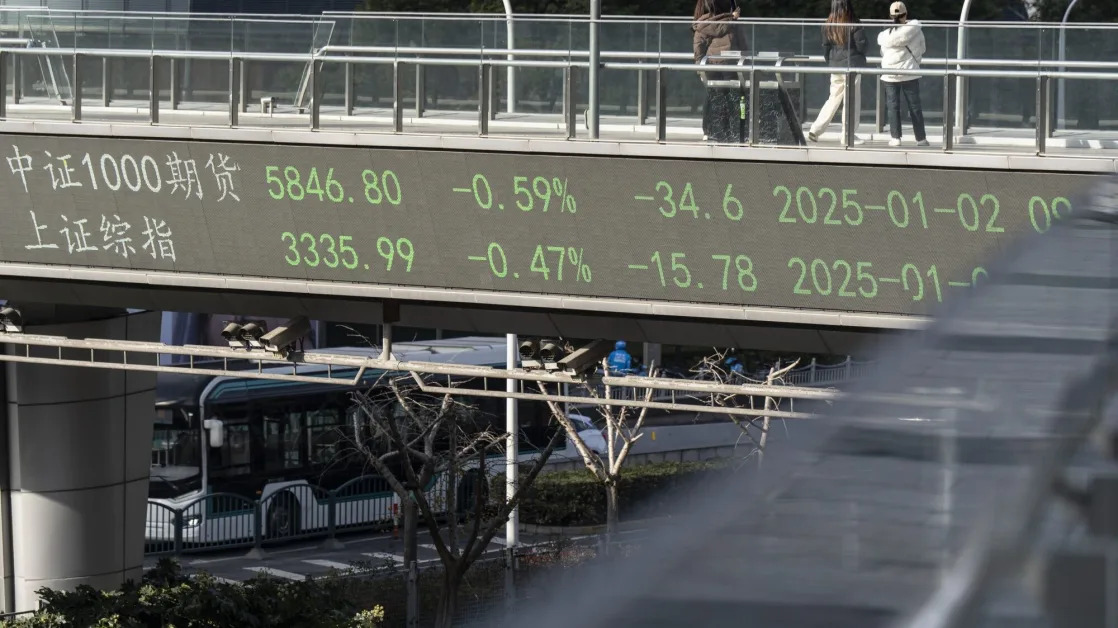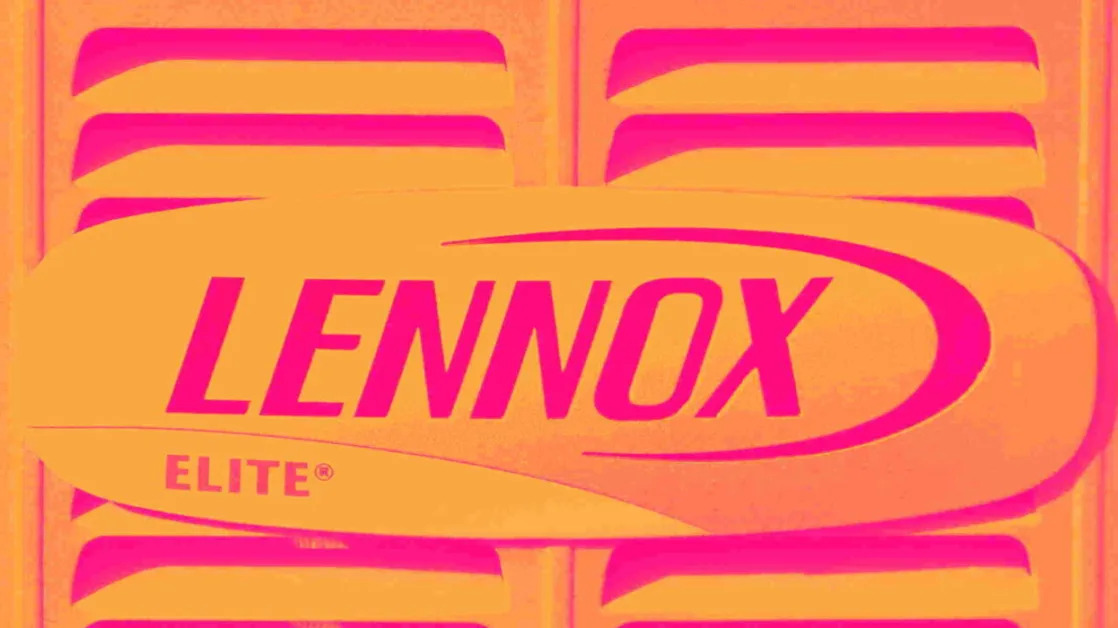
Nvidia (NASDAQ: NVDA) posted big gains in Friday's trading. The artificial intelligence (AI) frontrunner's share price closed out the daily session up 4.6%, according to data from S&P Global Market Intelligence .
In a note published this morning, Evercore maintained an outperform rating on Nvidia stock heading into earnings and raised its price target from $145 per share to $150. At the time of the note's publication, the new price target suggested upside potential of 19%.
In addition to the bullish analyst coverage, Nvidia stock got a boost from comments made by Federal Reserve Chairman Jerome Powell this morning. Powell stated that the time had come for a shift in interest rate policy, which strongly suggests the Fed will deliver a rate cut with its September meeting. Lower interest rates tend to be a bullish catalyst for the stock market at large, and low-rate environments often power particularly strong gains for growth stocks.
With this week wrapped, attention turns to Nvidia's big earnings report next week. The AI leader is scheduled to publish its second-quarter results after the market closes on Aug. 28. It will be one of the most closely watched events in the stock market this year.
Is Nvidia stock a buy heading into its highly anticipated Q2 report?
With its last update, Nvidia guided for revenue of roughly $28 billion and a non-GAAP (adjusted) gross margin of 75.5% in fiscal Q2. Wall Street thinks the business will deliver even better results, with the average analyst estimate calling for revenue of $28.6 billion.
Nvidia has crushed sales and earnings expectations over the last year, and signs suggest the business will deliver another round of performance beats when it publishes earnings next week. In particular, capital expenditure data and guidance from big customers, including Microsoft and Meta Platforms , suggest that the AI chip leader is in a good position to deliver a significant sales beat.
But investors should keep in mind that lofty expectations ahead of the big Q2 release could also set the stage for volatility. With reports that Nvidia could be delaying its next-generation Blackwell processors and forward guidance under the microscope, there's a risk that the tech giant's share price could see a pullback, even if last quarter's revenue and earnings beat expectations.
Ultimately, Nvidia's strong competitive positioning in AI means the stock still looks like a smart buy for long-term investors. But the potential for volatility heading into the company's Q2 report suggests that employing a dollar-cost-averaging strategy may be a better move than pouring into the company all at once.
Before you buy stock in Nvidia, consider this:





